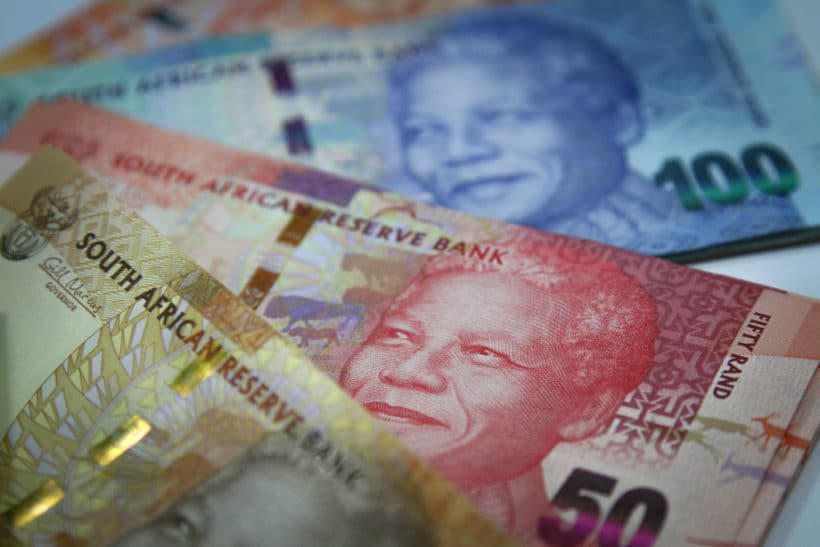
April 11 (Reuters) – South Africa’s rand rose on Tuesday against a softer dollar, ahead of local manufacturing data due later in the day, while Turkey’s lira slipped after data showed its industrial output dropped when a devastating earthquake hit the country’s south.
The rand ZAR= gained 0.9% against the dollar after losing 1.7% in the previous session.
Investors awaited manufacturing output data for February that will give further clues about the health of the South African economy, which has been crippled by severe power cuts.
The dollar =USD slipped 0.3% following its best rally so far this month against major peers ahead of the March U.S. consumer price index (CPI) data due on Wednesday, a crucial data point in gauging where the Federal Reserve stands on monetary policy tightening.
“If it meets expectations at 0.4% month-over-month or even exceeds them, we think the Fed should be on track for one final hike unless they start to see concerning signs within the credit data that they are privy to,” said Simon Harvey, head of FX analysis at Monex Europe in London.
“In this outcome, where the market would have to base its expectations for the Fed on the available data and thus price a further hike, we expect EM currencies, especially those that have gained considerably since the reduction in U.S. yields like the South African rand (ZAR), will face renewed pressure.”
The MSCI’s index for emerging market currencies .MIEM00000CUS was flat by 0843 GMT.
China’s yuan briefly eased to a one-week low and Chinese shares closed lower after data showed consumer inflation hit an 18-month low and factory-gate price declines sped up in March, suggesting persistent demand weakness and potential for further policy stimulus.
The Turkish lira TRY= slipped 0.2% after official data showed industrial production tumbled 6% month-on-month on a seasonal and calendar-adjusted basis in February, when a devastating earthquake hit the country’s south.
The MSCI’s EM stocks index .MSCIEF gained 0.4%.
South Korean stocks .KS11 closed 1.4% higher after the Bank of Korea held its interest rates steady for a second consecutive meeting, in line with market expectations. The Korean won KRW=, however, slipped 0.1% against the dollar.
The Russian rouble RUBUTSTN=MCXslipped against the dollar for the second straight day amid heightened demand for foreign currency, while Russian stocks .IMOEX surged to a near one-year high with the support of higher oil prices.
World Bank Group President David Malpass said on Monday that the lender has revised its 2023 global growth outlook slightly upward to 2% from a January forecast of 1.7%, but the slowdown from stronger 2022 growth will increase debt distress for developing countries.
The International Monetary Fund (IMF) will release its latest outlook for the global economy at 1300 GMT amid a gathering of policymakers at the IMF World Bank Spring meetings.
(Reporting by Shashwat Chauhan and Bansari Mayur Kamdar in Bengaluru; Editing by Shailesh Kuber)